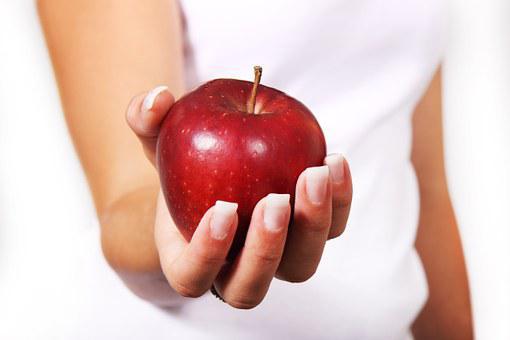Who hasn't heard this before?
It's based on the idea that after a big meal, blood will be diverted away from your arms and legs, towards your stomach's digestive tract. And if your limbs don't get enough blood flow to function, you're at risk of drowning.
But it turns out all our mothers were wrong: while swimming on a full stomach will make you feel uncomfortable, it won't put you at a greater risk of drowning.
In his 2009 book Fat Chance, author Dr Robert Lustig claimed that sugar stimulates the brain's reward system the same way as tobacco, alcohol, cocaine and even heroin, and is therefore equally as addictive.
But other experts disagreed, saying that because scientists were still trying to work out what addiction in the brain looks like, Dr Lustig was wrong.
Tom Sanders, Emeritus Professor of Nutrition and Dietetics at King's College London, told The Guardian in 2017 that it was "absurd to suggest that sugar is addictive like hard drugs. While it's true that a liking for sweet things can be habit-forming, they are not addictive like opiates or cocaine," said Professor Sanders.
"Individuals do not get withdrawal symptoms when they cut sugar intake."
Wrong.
Numerous studies, including one from Stanford University last year, found that while cracking your knuckles may annoy people around you, it won't actually lead to arthritis.
So crack away.
This old chestnut should have been put out to pasture years ago.
Wearing a bra does not cause breast cancer. Instead, to lower your chances of contracting the most common form of cancer in women globally, stay at a healthy weight and reduce or avoid alcohol consumption.
Getting regular mammograms after 45 is another proven way to detect breast cancer early and stop it from spreading.
Starve a fever, feed a cold
This myth has been traced to a 1574 dictionary that noted that "fasting is a great remedy of fever".
The belief is that eating may help the body generate warmth during a 'cold' and that avoiding food may help it cool down when overheated.
But recent medical advice says it should more accurately be, 'Feed a fever and feed a cold.' GP Sarah Wells says limiting your calorie consumption my actually hurt your immune system more than help it, because your body needs energy to fight an illness.
"Instead, I'd suggest eating if you can," says Dr Wells. "And make sure to drink plenty of fluids."
Please click
here to view full article.
